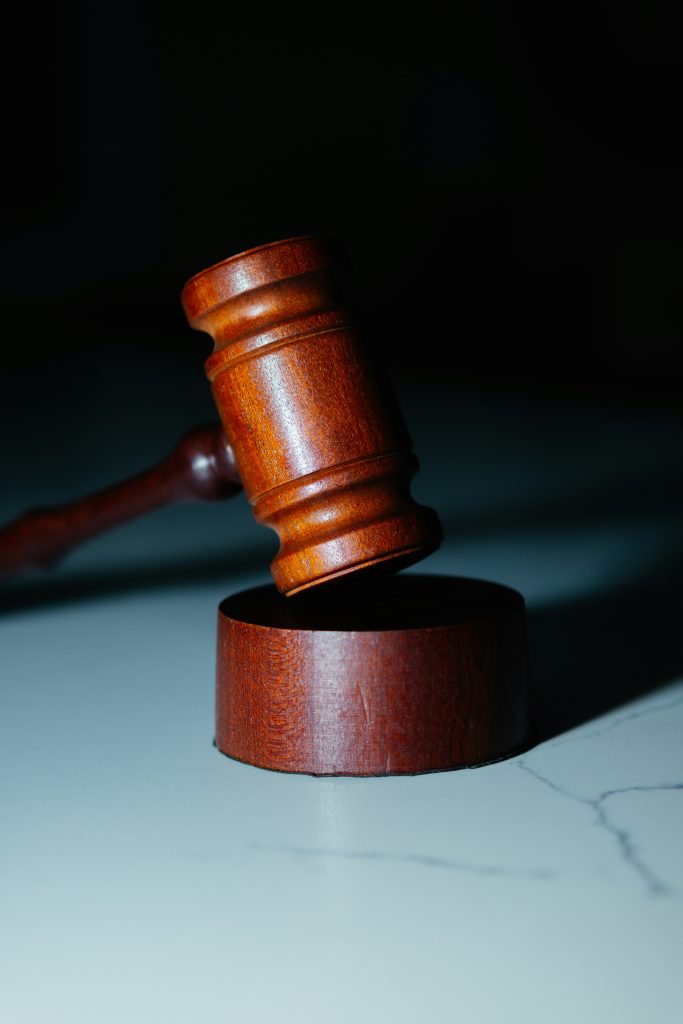Litigation in Thailand is governed by the Civil and Commercial Code and the Civil Procedure Code. The Thai legal system follows a civil law model, with court proceedings divided into civil, criminal, administrative, and intellectual property cases. Legal representation, submission of evidence, and respect for procedural rules are critical in the litigation process. Additionally, the use of Thai as the official language in court necessitates translations for foreign litigants.
1. Types of Courts in Thailand
The Thai judicial system is divided into several types of courts, each with jurisdiction over specific areas:
- Civil Court: Handles civil matters, including contract disputes, property issues, torts, and commercial litigation.
- Criminal Court: Deals with criminal cases, including theft, fraud, assault, and other offenses.
- Administrative Court: Manages cases involving government agencies or disputes regarding administrative authority.
- Labor Court: Specialized in employment disputes, handling issues between employers and employees.
- Intellectual Property and International Trade Court: Addresses cases related to IP law and international trade disputes.
Each court is structured with a system of trial courts, appeal courts, and the Supreme Court, allowing parties to appeal decisions if they meet specific legal grounds.
2. Litigation Process in Thailand
The litigation process in Thailand generally follows these stages:
a) Filing a Complaint
The litigation process begins with filing a complaint at the appropriate court. Plaintiffs must prepare and submit a statement of claim that includes a clear outline of the dispute, evidence, and the relief sought. A filing fee, based on the claim’s value, is required.
b) Service of Process
Once the complaint is filed, the court issues a summons to notify the defendant. The defendant has an opportunity to file a response within a designated period, usually 15 days for local defendants and 30 days for foreign defendants.
c) Preliminary Hearing and Evidence Presentation
The court schedules a preliminary hearing to determine if there are sufficient grounds for the case to proceed. Both parties submit evidence and witness lists for the court’s review.
d) Trial and Oral Arguments
During the trial, both parties present evidence, examine witnesses, and make oral arguments. The judge controls the proceedings and has discretion over evidence admissibility and questioning.
e) Judgment and Appeals
After deliberation, the court issues a judgment. If a party disagrees with the decision, they may appeal to a higher court. Appeals must typically be filed within 30 days after the judgment.
3. Alternative Dispute Resolution (ADR)
ADR methods like mediation and arbitration are common in Thailand, often encouraged before formal litigation. Mediation, facilitated by court-appointed mediators, is widely used for family, labor, and commercial disputes. Arbitration is commonly used in commercial matters, particularly in international transactions, where the Arbitration Act B.E. 2545 (2002) governs proceedings.
4. Enforcement of Judgments
Once a judgment is issued, the winning party can petition for enforcement through the court. The court can seize and auction the defendant’s assets to satisfy the judgment. Foreign judgments, however, are not directly enforceable in Thailand, requiring the case to be retried in Thai courts to validate the foreign court’s decision.
5. Challenges and Considerations in Thai Litigation
a) Language Barriers
Thai is the official language used in court proceedings, requiring foreign litigants to hire translators and certified interpreters.
b) Legal Representation
All litigants must be represented by licensed Thai attorneys, as foreign lawyers cannot practice in Thai courts.
c) Cultural Differences
Thai court proceedings place significant emphasis on decorum, with judges commanding high respect. It is crucial for foreign litigants to understand and adapt to local customs.
d) Time and Cost
Litigation can be time-consuming and expensive. While fees vary by case type and court, lengthy cases can result in substantial legal costs, prompting some parties to pursue ADR instead.
Conclusion
Litigation in Thailand is a structured but complex process that requires a solid understanding of the Thai legal system, procedural requirements, and local customs. Given the reliance on Thai language and specific legal protocols, it is essential for foreign parties to work closely with experienced Thai legal professionals to navigate cases effectively and ensure compliance with all legal requirements.

